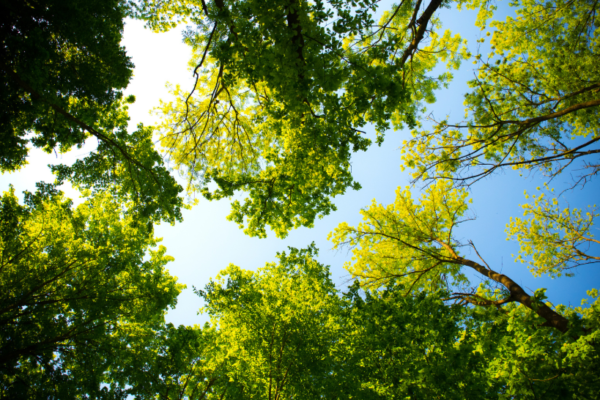Giving rights to nature : national developments entitling nature with subjective rights
Reading time : < 1 minuteAt least 14 countries have recognized subjective rights to nature's elements so far. This trend goes on in 2021 as natural elements in Canada were entitled with specific rights.

